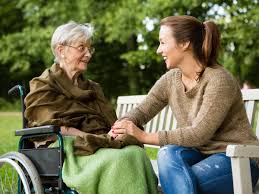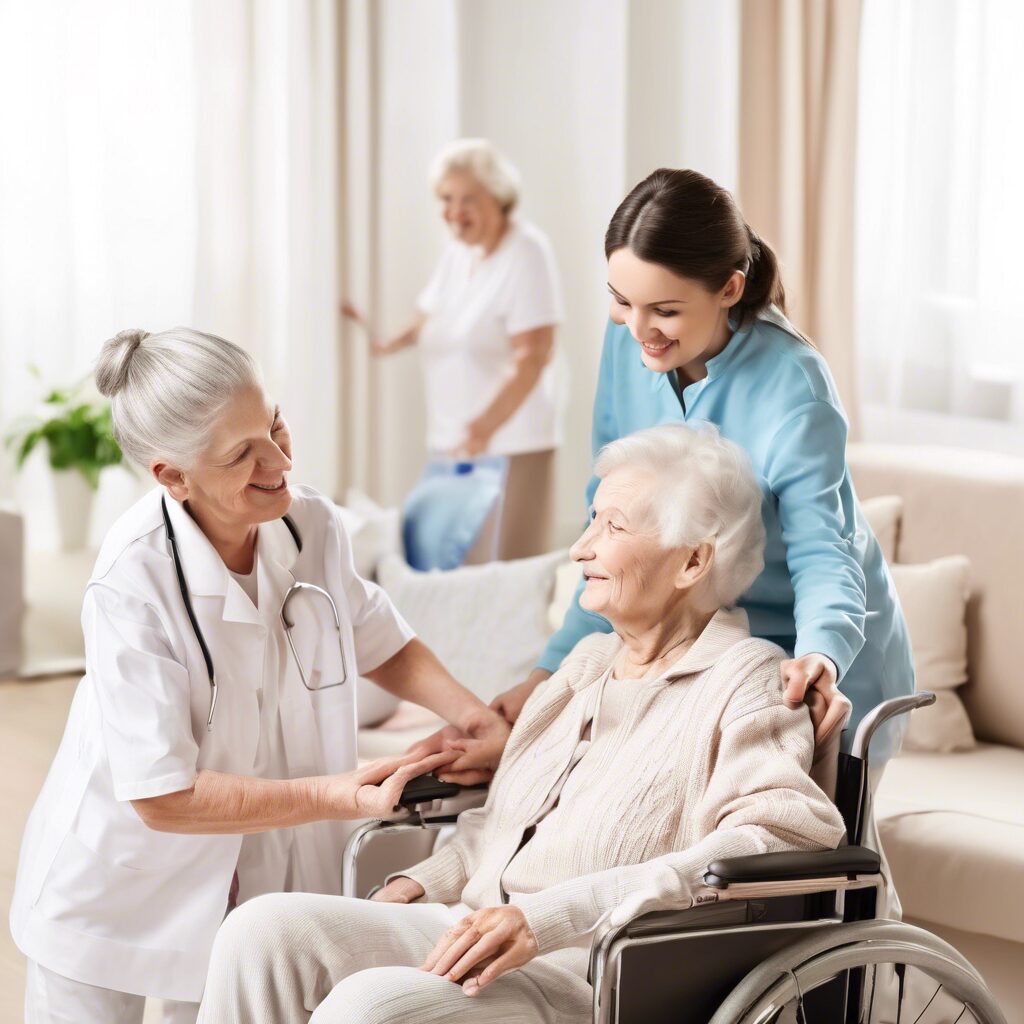Family Love Home Care Services in San Jose CA
Your Ultimate Home Care Solution
“Discover unparalleled home care solutions tailored to your family’s needs with Family Love Home Care. Our comprehensive services provide the ultimate in comfort, convenience, and peace of mind. Trust us to transform your living space into a sanctuary filled with love and care.”
Family Love Homecare staff were amazing during my mom's hospice care. Fane, the Director, went above and beyond, even providing care at our home. Every caregiver was caring, kind, and patient. Highly recommend FLH!
Silvia.C


24/7 Caregiver
Quality Homecare Services Tailored to Your Needs
At Family Love Home Care, we empathize deeply with the hurdles families encounter while caring for their loved ones at home. Our mission is simple: to be your unwavering support system. With a team of devoted caregivers, we prioritize the comfort and well-being of your loved ones above all else. Through personalized care plans, heartfelt compassion, and unwavering reliability, we pledge to deliver nothing short of excellence.
Allow us to guide you through the intricacies of caregiving, bringing tranquility to your family’s journey. Reach out to us today and discover firsthand how we can lighten your load and enrich the lives of your cherished ones.
MEET THE OWNER - FANE WILLIAMS
Fane Williams is the owner of Family Love Homecare, a compassionate and dedicated individual with over 20 years experience as a caregiver. With deep passion for helping others, Fane is committed to providing exceptional care and support to individuals and families in need.


Family Love Home care Services
Discover your new home with Family Love Home Care.
Know more about Family Love Home Care.
Why Choose Us
We extend care to enhance quality of life.
Choosing us your homecare provider offers several advantages and reasons to trust us with the care of your loved ones.
Experience and Expertise
Personalized Care Plans
Compassionate and Caring Staff
Continuity of Care
Flexibility and Adaptability
Communication and Collaboration
Safety and Quality Assurance
Client Satisfaction
Selecting Family Love Home Care as your homecare provider means entrusting the care of your loved one to a dependable, caring, and committed team. We are dedicated to making a meaningful impact in the lives of our clients and their families, offering the necessary support and aid for a fulfilling and cozy life at home
Why Choose Us
We extend care to enhance quality of life.
Choosing us your homecare provider offers several advantages and reasons to trust us with the care of your loved ones.
Affordable Prices
Enjoy premium services without breaking the bank with our affordable pricing options
Professional Services
Unlock top-notch services at budget-friendly rates with our affordable pricing options
Make Appointment
Embrace the golden years with a focus on quality living.
Stay with Us


Our Approach
Our Home Care Process
Make Appointment
Make Appointment
Free Consulatation
Meet with our experts so we can assist you make informed decisions about your loved ones care needs. During our free consultation we will discuss specific requirements, assess the level of care needed, and provide valuable insights and recommendations
Caregiver is assigned
When you choose our homecare agency, we prioritize assisgning a dedicated caregiver to your loved one.


300+ Happy Patients
Best Feedback from our Home care Customer
Frequently Asked
What can we help with today?
Other Services Include:
Family Love Homecare provides transportation to help get your loved one to and from doctor’s appointments, take them shopping and complete various other activities. Rather than be stuck at home, it is important for our clients to get around to their various appointments or simply to social activities which help with their overall health and happiness.
Family Love Homecare caregivers can provide companionship, and they can also assist in social interaction for you or your loved one in the following way such as conversation and interaction and other stimulating activities.
Exercise is vitally important. As your loved ones get older they run the risk of losing muscle mass and bone strength if they aren’t engaging in regular exercise. Homecare providers can motivate our clients to get more exercise and to exercise regularly.
Medication management for our clients is not just about taking medication. Our caregivers are ready to pick-up prescriptions, set-up reminders and organize and manage it so it makes taking medication seamless.


.



